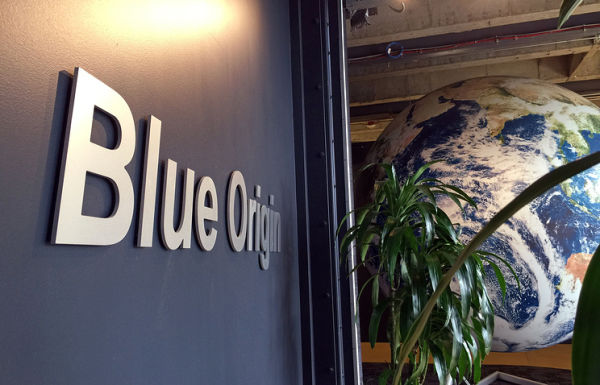The space agency promised to continue cooperation with American companies in order to stimulate competition in the preparation of manned missions to the Moon
NEW YORK, November 4. /tass/. A court in the United States has rejected a lawsuit by Jeff Bezos-owned company Blue Origin against the National Aeronautics and Space Administration (NASA). This is stated in a message distributed on Thursday by NASA.
"On Thursday, the US federal court notified NASA that Blue Origin's lawsuit concerning the provision of a contract for the development of a lunar lander to SpaceX was rejected," the text says. "NASA will resume cooperation with SpaceX within the framework of the contract as soon as possible." The space agency promised to continue cooperation with American companies in order to stimulate competition in the preparation of manned missions to the Moon.
On April 16, NASA announced the granting of a $2.9 billion contract to SpaceX for the construction of the lander and the rejection of the application of Blue Origin and Dynetics. The agency explained its decision with its limited funds and the fact that Musk's offer was the most profitable. Blue Origin and Dynetics filed a complaint with the Congressional oversight body, in connection with which the execution of the contract was suspended until the end of the proceedings. At the end of July, this complaint was rejected.
In August, Blue Origin sued NASA, accusing the agency of improperly evaluating the proposal for the construction of the module. The execution of the contract between NASA and SpaceX has been suspended again.
In the spring of 2019, NASA announced the Artemis program project, which will consist of three stages. The first of them (Artemis 1) provides for an unmanned flight of the Orion spacecraft installed on the Space Launch System (SLS) rocket around the Moon and its return to Earth. The second stage (Artemis 2) is a revolution of a ship with a crew on board around a natural satellite of the Earth. At the third stage of the mission (Artemis 3), NASA expected to land astronauts on the Moon in 2024, and then send them to Mars approximately in the mid-2030s. In August of this year, NASA Inspector General Paul Martin said that the landing of astronauts on the Moon in 2024 is not possible, including due to delays in the development of spacesuits.

